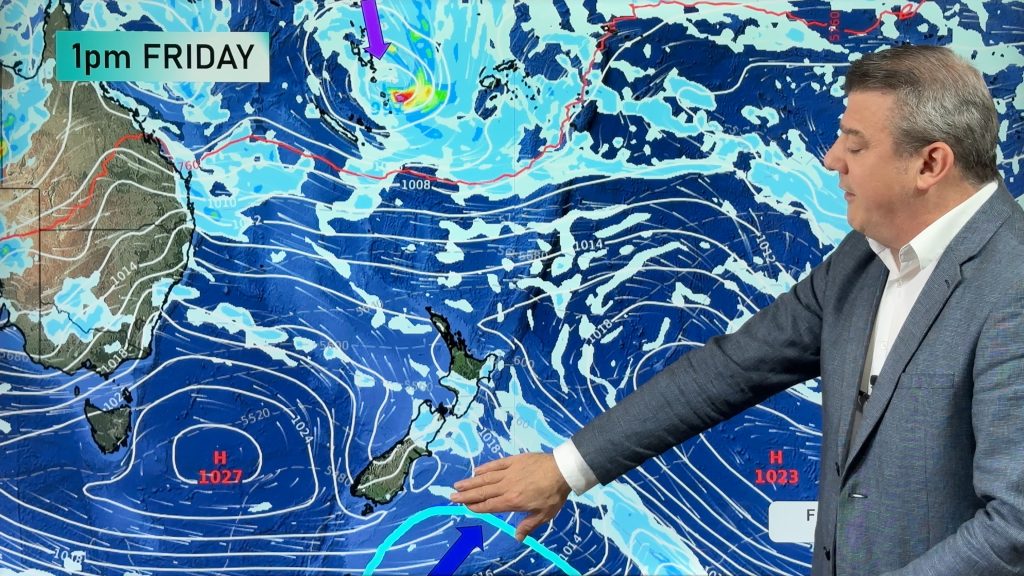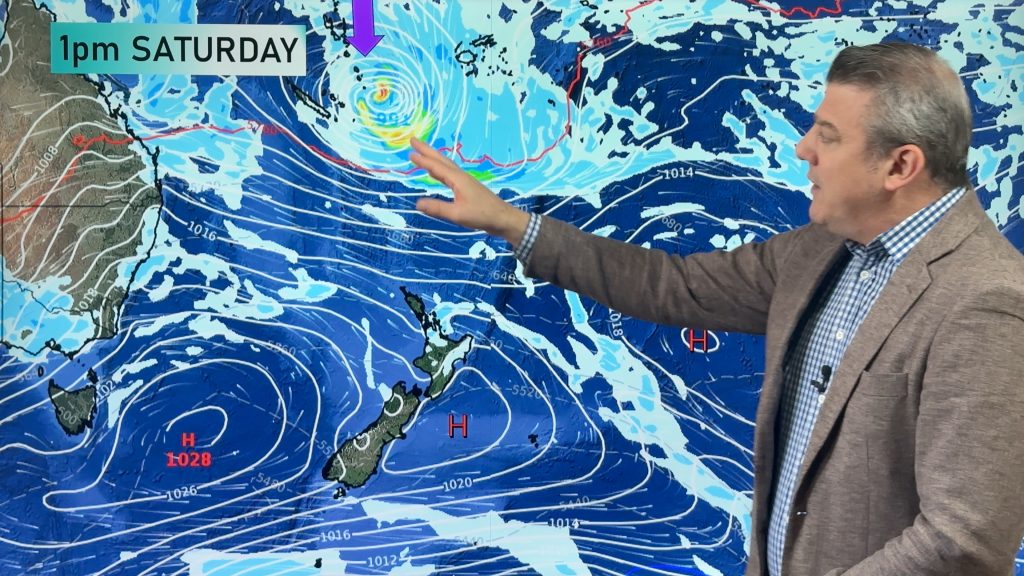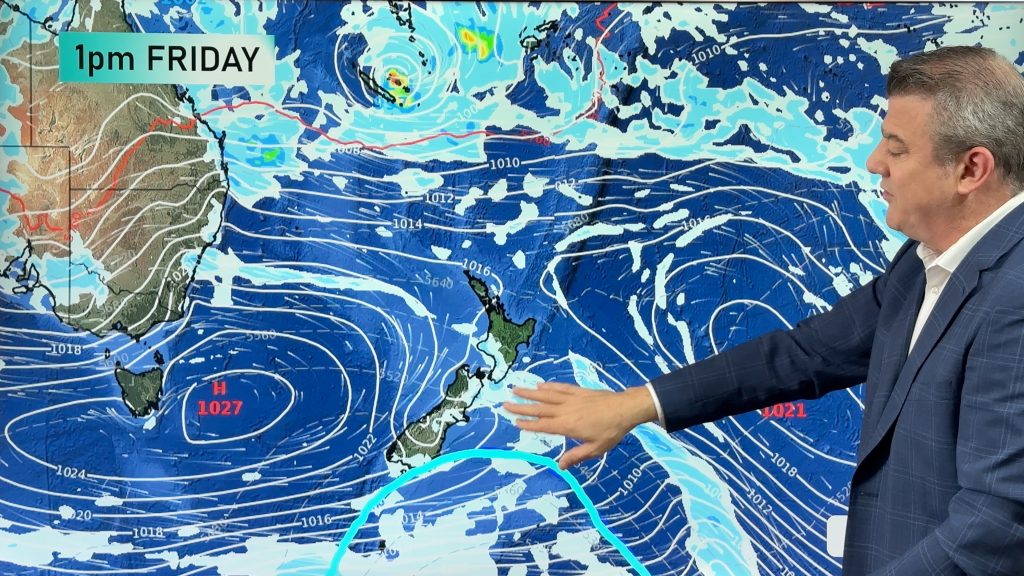
> From the WeatherWatch archives
The COP stands for Conference of Parties, an annual meeting of all nations that make up the United Nations Framework on Climate Change — 195 nations in total. This is the 21st meeting (thus COP21), with the first occurring in Berlin in 1995.
The purpose of the meetings is to continually assess the nations’ progress in dealing with climate change and, every so often, negotiate agreements and set goals for reducing greenhouse gas emissions that are the primary drivers of climate change.
Previous memorable meetings include COP3 in Kyoto, Japan, which brought about the Kyoto Protocol; COP11, which generated the Montreal Action Plan; and COP15 in Copenhagen, Denmark, which was largely deemed a failure because a binding agreement wasn’t reached.
Why the world is finally ready to tackle climate change https://t.co/6Sf3zqNVGa #COP21 https://t.co/FzRIwMvj5h
— The Guardian (@guardian) November 27, 2015
What is the goal of the 2015 conference?
The goal for Paris in December is pretty clear-cut: to achieve a legally binding agreement, with universal participation among all nations, to keep global warming below what most scientists say is the critical threshold of 2 degrees Celsius of warming. (This refers to the increase in globally averaged temperature since the Industrial Revolution.)
This will not be an easy goal to reach, since the planet already has been warmed by 0.85 degrees Celsius since 1880, according to the latest Intergovernmental Panel on Climate Change report in 2014, and many scientists say the gases we have already emitted into the atmosphere will “lock us in” to around 2 degrees Celsius of warming.
Therefore, it will take significant reductions in emissions in the near future, especially from the largest emitters such as the United States and China, as well as commitments to sustainable development from all countries, which must be financed by the developed (i.e., rich) nations.
Who will be there?
With more than 40,000 delegates from 195 countries all over the world, it’s a huge meeting. In fact, this is the largest conference the French government has ever organized. The host country’s President, Francois Hollande will welcome many major world leaders, including U.S. President Barack Obama, Chinese President Xi Jinping and Indian Prime Minister Narendra Modi, leaders of three countries with the largest carbon emissions.
Many national leaders will be present for the beginning of COP21, which will hopefully kick off the negotiations with some political momentum. This is a stark change from COP15 in Copenhagen, when the heads of state, including Obama, came in for the last two days of negotiations. This resulted in slow negotiations until the end and talks that ultimately stalled and left the delegates frustrated and embarrassed.
It is not clear if Pope Francis will attend the Paris climate conference. The Pope has been a very vocal leader for climate activism and the battle against climate change, and his encyclical, which was released in June, was widely seen as a call for action to put pressure on delegates at COP21 to come up with an agreement.
Two days ahead of @COP21, my full interview with @MikeBloomberg and Paris Mayor @Anne_Hidalgo: https://t.co/qJo8jpURp9 #climatechange
— Christiane Amanpour (@camanpour) November 28, 2015
What is necessary for it to be a success?
Since the goal is very clear for COP21, it is necessary for the nations to unanimously adopt a legally binding agreement that will reduce global carbon emissions and aim to keep warming below the 2-degree threshold.
Anything resembling Copenhagen in 2009, where some limits to greenhouse gases were agreed upon but no treaty was ultimately signed, would be deemed a failure.
The limits that were put in place in the Kyoto Protocol will run out in 2020, so it is imperative that the attendees leave Paris with a new agreement to begin in 2020 and enable long-term change beyond that.
The negotiations in Paris will not just focus on national commitments to reduce greenhouse gases, but will also have a financial aspect, which could prove to be a sticking point.
Previous meetings have established a $100 billion-per-year commitment, starting in 2020, from developed countries to help developing countries combat climate change and build through sustainable development.
Where this money comes from will be a major negotiating point — how much from public vs. private sources? What role will businesses play? Answering these financial questions will be crucial to the success or failure of the Paris talks.
– CNN
Comments
Before you add a new comment, take note this story was published on 28 Nov 2015.





Add new comment